Market Trends
Key Emerging Trends in the Dolomite Powder Market
Currently, the Dolomite Powder Market is witnessing certain trends that reflect diverse applications and growing demand for this versatile mineral. Construction, agriculture, ceramics, and glass are among the various industries where Dolomite powder is extensively used. For instance, one of the notable market trends is the rising use of dolomite powder in construction. The Dolomite powder has unique characteristics like high hardness, resistance to environmental conditions, and ability to improve concrete durability, thus making it an ideal additive for construction materials such as asphalt and concrete due to its exceptional properties, e.g., high strength, resistance to elements of nature and capability to increase the life span of concrete structures. Furthermore, there is a growing market for agricultural dolomite powder. Magnesium and calcium are two important nutrients needed by plants that can be sourced from dolomite since it contain both these minerals, which crops require to develop well. Therefore, dolomite powder would correct soil acidity as a soil conditioner, thereby ensuring that crops access all essential minerals required for their growth to take place normally. This trend indicates the increasing consciousness toward sustainable agricultural practices and the importance of soil fertility in enhancing crop yields. Furthermore, the market for dolomite powder is influenced by its applications in the production of ceramics & glass, where it acts as a fluxing agent, lowering firing temperature and hence reducing energy consumption during the manufacturing process. Also, in magnesium metal production, the market for dolomite powder has been gaining attention. Magnesium-based products are produced from this mineral because it serves as a significant source of magnesium, which is used across many industrial applications like alloy-making, desulphurization of steel, etc. This trend reveals a high demand for substitutes for magnesium, particularly at present when various industries attempt to find sustainable, economically viable solutions. Government regulations on environment protection-related standards in the building materials industry and agricultural practices play a decisive role in shaping trends within markets coupled with Dolomite Powder. Globally, regulatory authorities have put up policies to ensure responsible mining practices, sustainable extraction of mineral resources, and safe use of dolomite in different applications. However, challenges such as fluctuation in markets, environmental issues, and competition from alternative products exist. Thus, the prices and market dynamics may be affected by variations in global demand and supply for dolomite powder. Dealing with this challenge will require companies to undertake strategic planning and efficient supply chain management as well as diversification of applications to cushion them against the impact of market volatility. Responsible mining and extraction methods, together with strict adherence to environmental regulations, are also needed due to concerns over environmental degradation from mining activities.


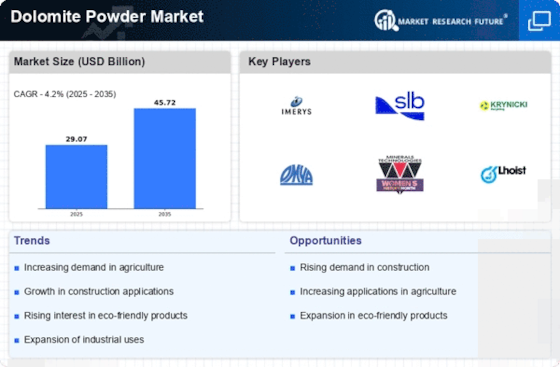
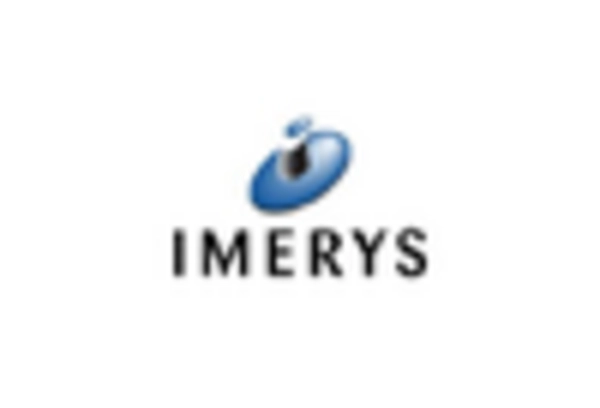
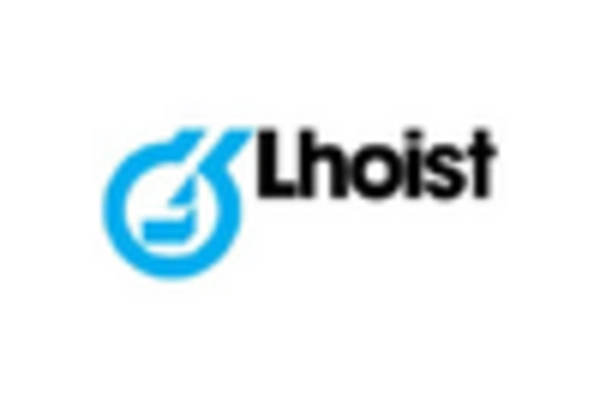
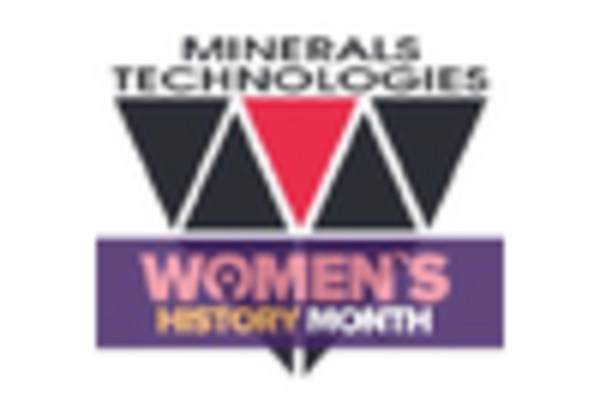
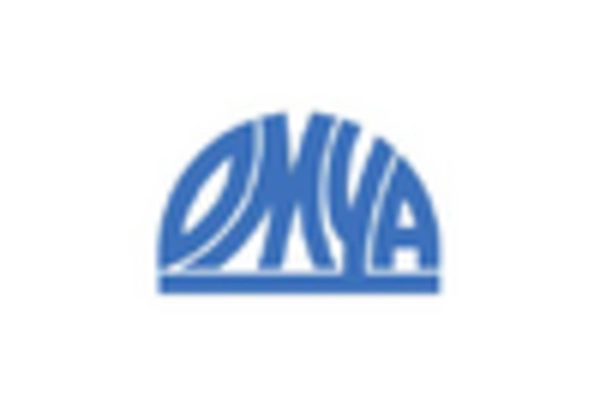
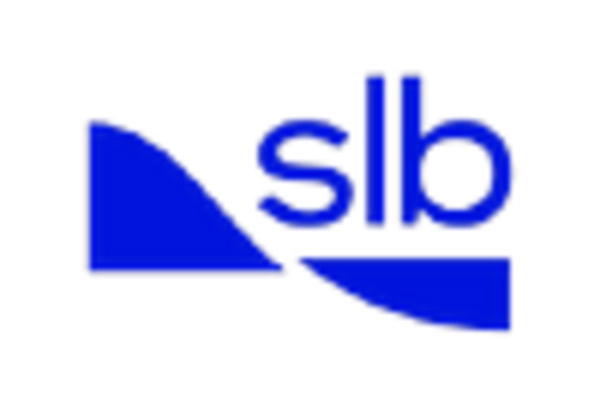
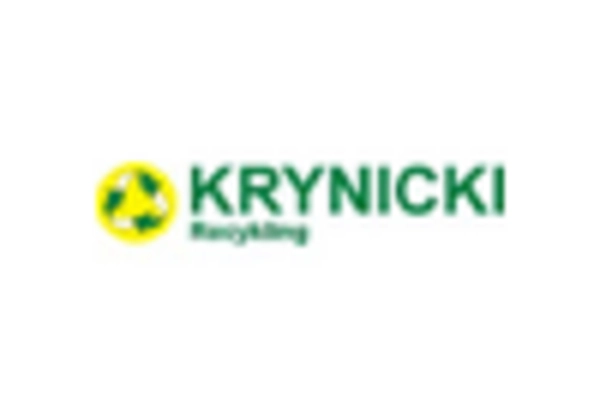









Leave a Comment